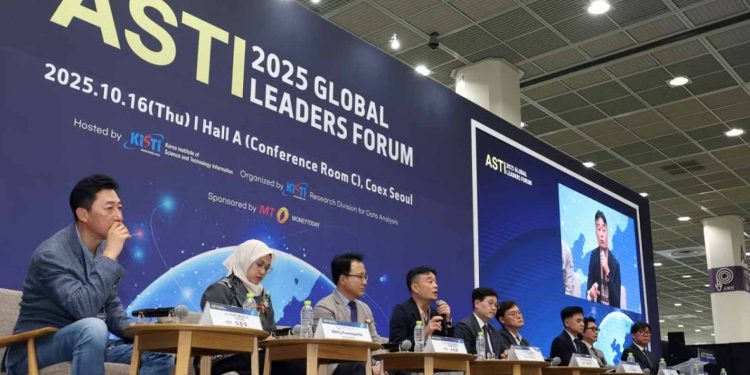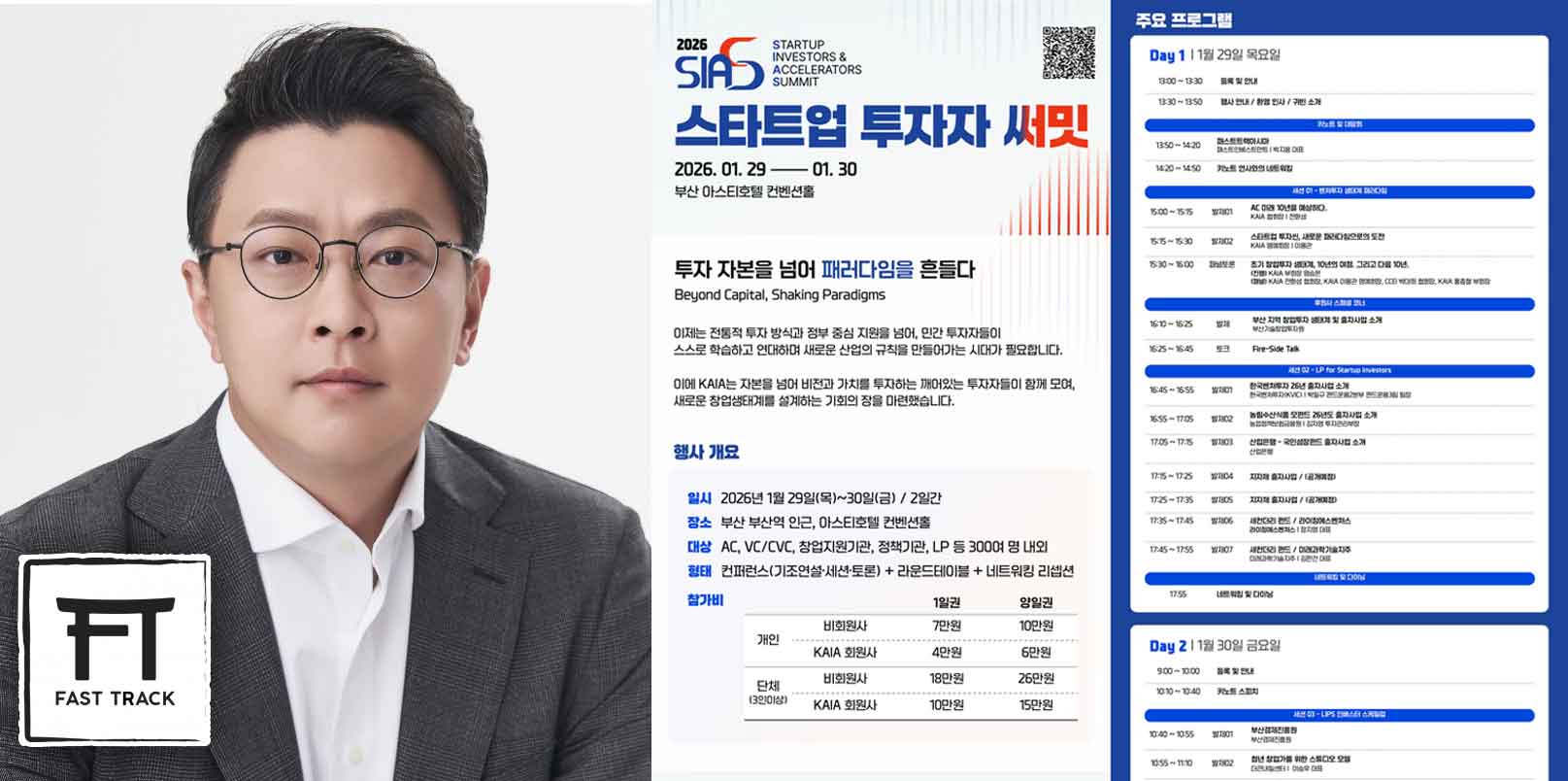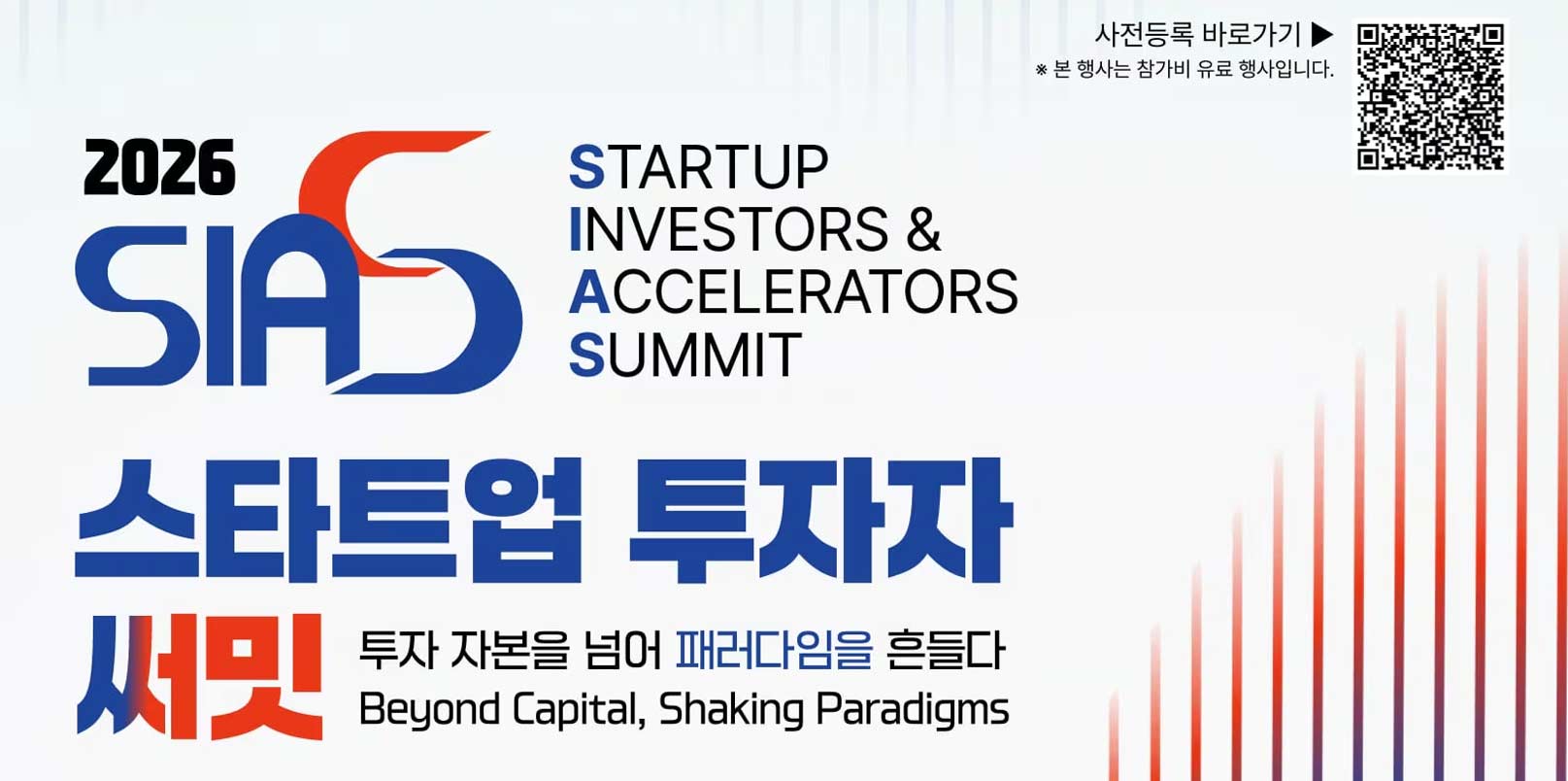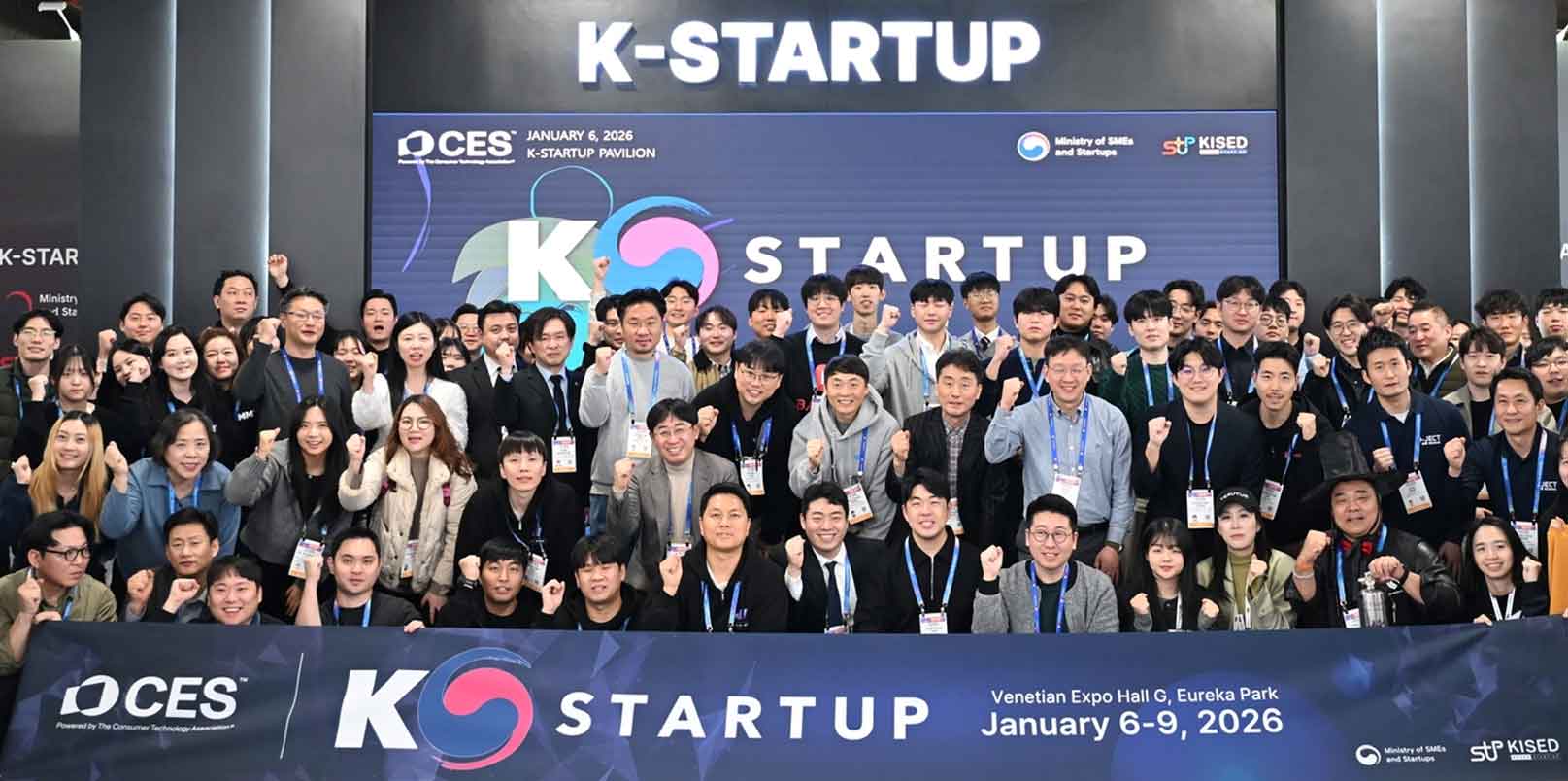Korea’s innovation diplomacy is moving from conversation to coordination. At the 2025 Global ASTI Leaders Forum, Korea and Indonesia discussed early steps toward AI-driven SME collaboration — signaling how research, technology, and market data can now align to create measurable impact in the emerging ASEAN innovation landscape.
Korea and Indonesia Transform Innovation Dialogue into an Action Plan
At the 2025 Global ASTI Leaders Forum, held on October 16 at COEX in Seoul, Korea’s science and innovation community unveiled clear intentions to translate regional cooperation into actionable programs.
The forum marked a pivotal moment in Korea – Indonesia SME collaboration, discussing a data-driven approach to link startups, research institutions, and public agencies for AI-enabled R&D and overseas expansion.
With Indonesia’s Deputy Minister of Cooperatives and SMEs Metty Kusmayantie participating as a keynote speaker, discussions centered on exploring ways to translate bilateral dialogue into practical collaboration models, built around technology, data, and local partnership networks.
ASEAN’s Emerging AI Frontier and Indonesia’s Growth Challenge
Indonesia’s delegation presented an honest assessment of the country’s industrial landscape. Deputy Minister Metty Kusmayantie described AI adoption as “still in its early stage compared to Korea,” but noted fast-growing demand in agriculture, livestock management, and finance,
“AI technology in Indonesia is still in its early stages compared to Korea. We need AI development in key government priority areas such as green and low-carbon industries.”
Indonesia currently counts around 3,000 registered SMEs, of which 99.7 percent are microenterprises. Limited access to capital and digital infrastructure remains a major barrier — with funding demand averaging IDR 430 million (~ USD 27,000) but actual supply less than half that amount.
Metty Kusmayantie also warned that AI implementation will require specialized engineers, data stability, and cloud infrastructure, alongside careful management of employment transitions in a nation of 280 million people.
KISTI Positions ASTI as a Platform for Korea–ASEAN R&D Integration
The Korea Institute of Science and Technology Information (KISTI), which oversees the ASTI (Association of Science and Technology Information) network, has begun using its data and AI resources to link Korean SMEs with Southeast Asian markets.
Seo Sung-ho, Director of KISTI’s Busan-Ulsan-Gyeongnam Branch, announced plans to pursue joint R&D projects and business collaborations with ASEAN networks:
“We will accelerate cooperation among experts, companies, and institutions, enabling member firms to engage in AI-driven research and international market development.”
Seo Sung-ho also said that ASTI has been actively supporting member companies’ overseas expansion through three main strategies:
- Building international cooperation platforms.
- Identifying local R&D collaboration opportunities.
- Creating data-based company matching systems between the two collaborating countries.
Lee Jong-sung, Head of Policy Strategy at KISTI and current ASEAN cooperation lead based in Jakarta, emphasized that Indonesia could serve as a reference market for Korean SMEs expanding into the entire ASEAN bloc.
“We will help ASTI member companies build success cases in Indonesia and later expand these models across other ASEAN nations. We will also collaborate with local governments to secure market data and share the analysis with our members.
Once ASTI companies establish success cases in Indonesia, those models can scale across ten Southeast Asian economies.”
He added that KISTI will collaborate with local governments to collect and analyze market data that member firms can use to guide their regional strategies.
Local Collaboration Becomes the Cornerstone of SME Globalization
Panelists at the forum agreed that local partnership and joint ventures are the most practical pathways for Korean SMEs entering ASEAN markets.
Jang Seok-jin, Director of the Global Digital Innovation Network (GDIN), said his organization provides legal, patent, accounting, and marketing consulting while supporting joint venture formation between Korean and overseas companies.
“The biggest challenge in overseas expansion is localization. Establishing joint ventures with trusted local partners ensures sustainable market presence and operational continuity.”
Son Dong-kwon, Head of Samchully Networks Indonesia, and Ahn Chang-deok, CEO of Segye Chemical Industry, shared their firsthand experiences, emphasizing the importance of ASTI’s facilitation role in matching verified local partners and building institutional trust.
KISTI’s Seo Sung-ho concluded that ASTI will continue to act as a “data-driven connector” — linking Korean SMEs with credible international partners, identifying public R&D opportunities, and facilitating AI-powered collaboration across borders.
A Blueprint for Korea’s Cross-Border Innovation Strategy
The Korea–Indonesia discussion under Global ASTI 2025 signals a new phase in Korea’s international innovation diplomacy — shifting focus from policy dialogue to measurable cooperation frameworks.
It also reflects a broader regional trend where governments increasingly combine AI infrastructure, data analytics, and joint R&D to empower SMEs. This collaboration echoes a growing ASEAN movement toward data-driven innovation, as regional economies prioritize AI adoption and SME digital transformation.
Drawing on AI-based platforms such as KISTI’s APOLLO system introduced at the forum, Korea is offering a scalable model for SME globalization through technology, not just funding.
Hence, this dialogue offers a case study for investors and policymakers in how innovation ecosystems can expand through trust-based, data-driven cooperation.
Global ASTI 2025 Dialogue: Building Korea’s ASEAN Innovation Corridor
As ASTI’s global framework evolves, Korea’s next challenge will be sustaining implementation beyond events — ensuring that joint R&D, talent exchange, and data-sharing agreements turn into tangible outcomes.
Deputy Minister Metty Kusmayantie summed up the opportunity:
“Indonesia’s AI journey is just beginning, but our demand is immense. With Korea’s technology expertise and our growing market, this collaboration has strong potential for real impact.”
Global ASTI 2025 has set the foundation for a new model of cross-border innovation, one where Korean SMEs co-develop, localize, and scale technologies in collaboration with ASEAN partners. What began as a forum dialogue may now become a working model for Asia’s next wave of digital growth.
🤝 Looking to connect with verified Korean companies building globally?
Explore curated company profiles and request direct introductions through beSUCCESS Connect.
– Stay Ahead in Korea’s Startup Scene –
Get real-time insights, funding updates, and policy shifts shaping Korea’s innovation ecosystem.
➡️ Follow KoreaTechDesk on LinkedIn, X (Twitter), Threads, Bluesky, Telegram, Facebook, and WhatsApp Channel.






